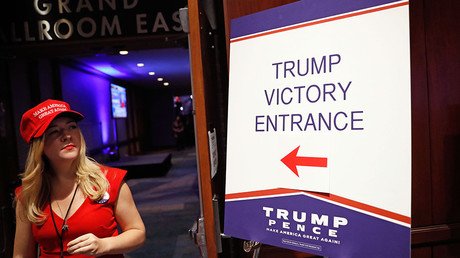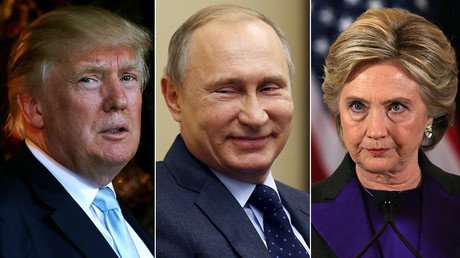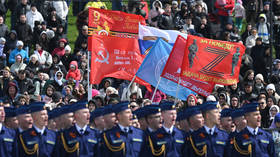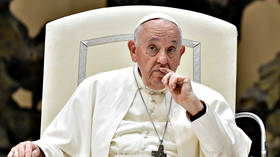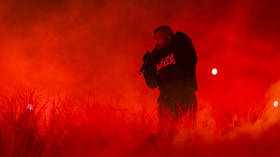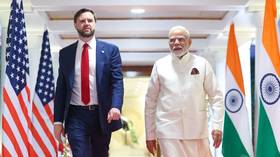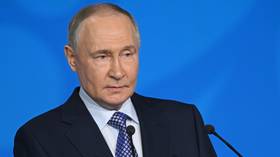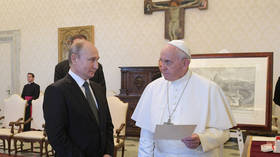‘ODNI report speculative, serves to push certain political theories’ – ex-Trump aide Carter Page
The US intelligence report on alleged Russian meddling into the American 2016 election campaign is “speculative” and has been published under pressure to serve “political theories,” Donald Trump’s former foreign policy advisor Carter Page told RT.
“There is some pressure on the political side to provide some backup for the various theories that Mrs Clinton was pushing really throughout last year,” said Page, who was Trump's foreign policy advisor during the election campaign.
The Office of the US Director of National Intelligence (ODNI) released its findings in a paper entitled, “Assessing Russian Activities and Intentions in Recent US Elections” on December 6. In October, Washington officially accused Moscow of targeting computers and institutions of the Democratic campaign in the US, which Moscow strongly rejected.
However, the ODNI report did not deliver any hard evidence of the assumed Russian interference, instead citing analyses of the country’s main intelligence services, the CIA, FBI and NSA. In fact, the 25-page document consisted only of declassified information, while the evidence has been allegedly hidden behind a veil of secrecy. The CIA and FBI said they had “high confidence” in the results of the report, while the NSA only had “moderate confidence.”
“I think it’s quite speculative and they have been looking for some way to possibly prop up their theory that was just out there,” Page said, while commenting on why the paper was not backed by solid evidence. He noted that despite having no such evidence, some political circles in the US will try to take advantage of the findings.
“I think that certain political forces, particularly those who have been very negative and hawkish [against Russia] in a very old-school mindset, will use this [report] as a way to support their broader theories without having… much evidence,” Page said. He also noted that the action might have been used as “a smokescreen” to cover up “interventionist” tactics by circles close to Hillary Clinton.
A significant chunk of blame for the alleged interference in the US election campaign has been also put onto Russian media, particularly RT. The document, which incorrectly cited some of the so-called facts it used, claimed that RT served “as a platform for Kremlin messaging to Russian and international audiences.”
Page countered that view, saying that the US media deep roots with big politics.
“If you compare the impact of some US media outlets which have been proven to have a very close interaction and relationship with Mrs Clinton and her team and her surrogates, I think any impact or any of those accusations are very minor in comparison,” Page told RT.
He also concluded that Clinton’s interaction with the media over the past year was way more “direct” and “unfair.” During the interview, Trump's ex-campaign aide advocated for stronger “people-to-people” dialogue between Washington and Moscow, saying that by reviewing the US mainstream media one gets a lot of “disinformation” on Russia.
